معلومات عنا
حقوق الطبع والنشر © 2024 Desertcart Holdings Limited
Desert Online General Trading LLC
Dubai, United Arab Emirates
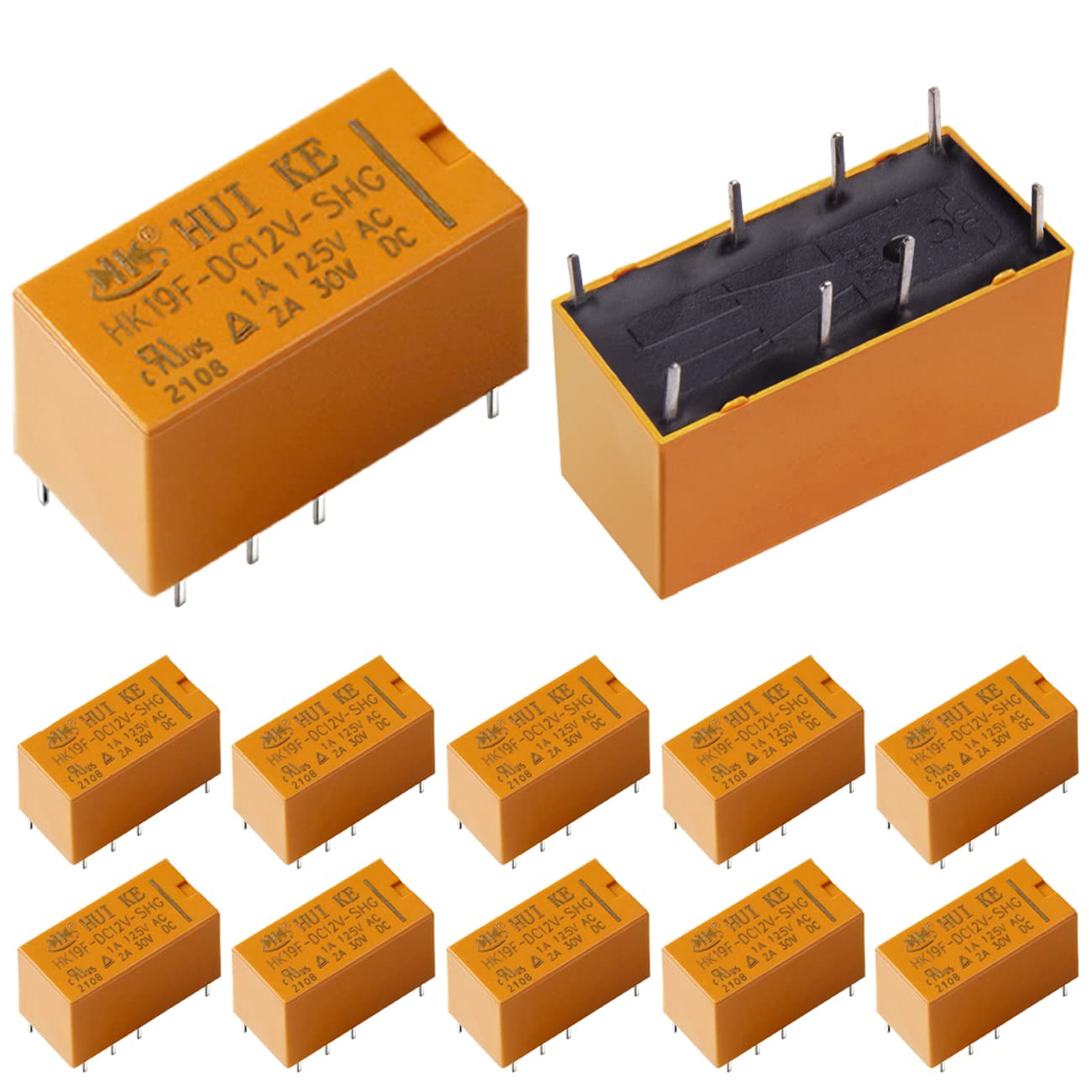

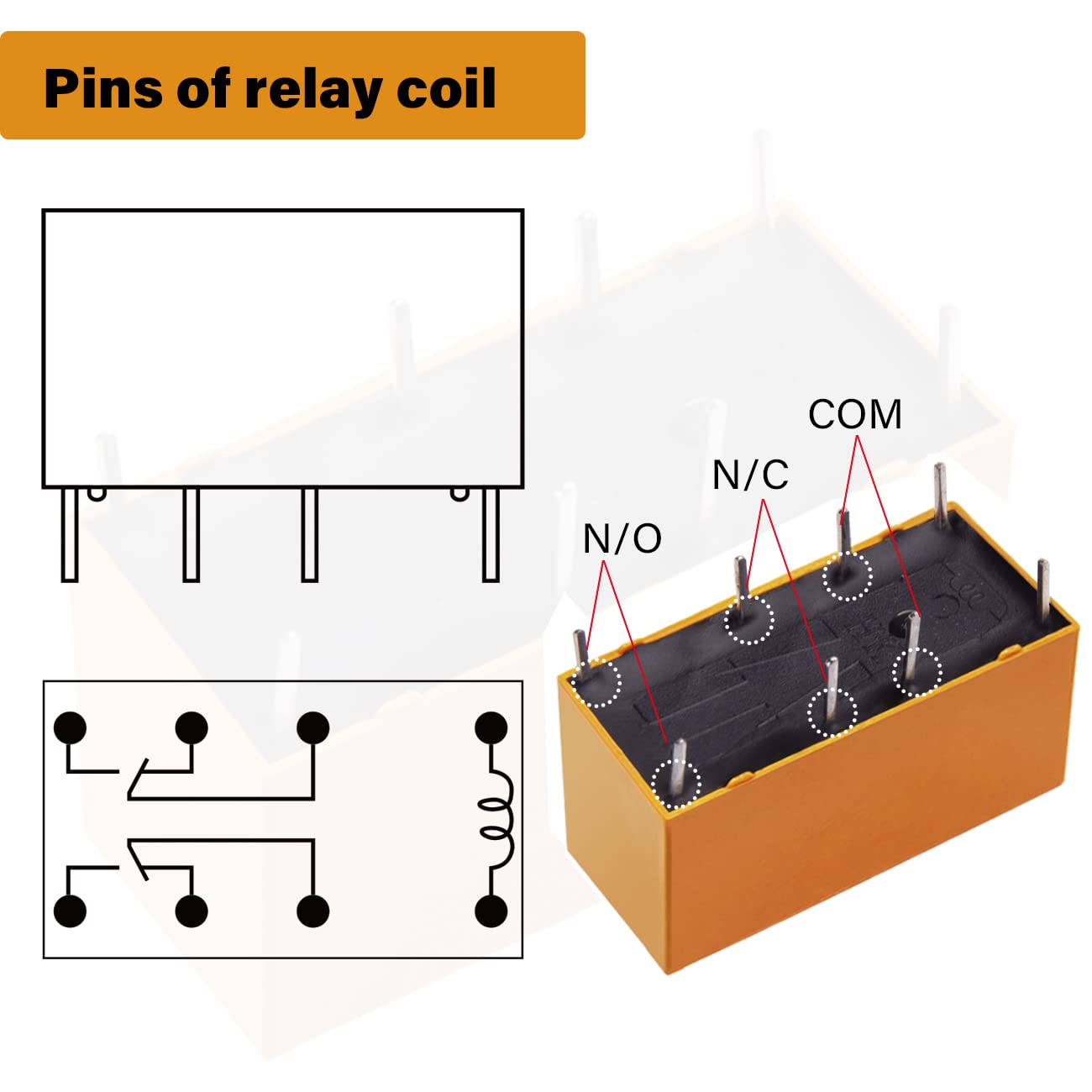
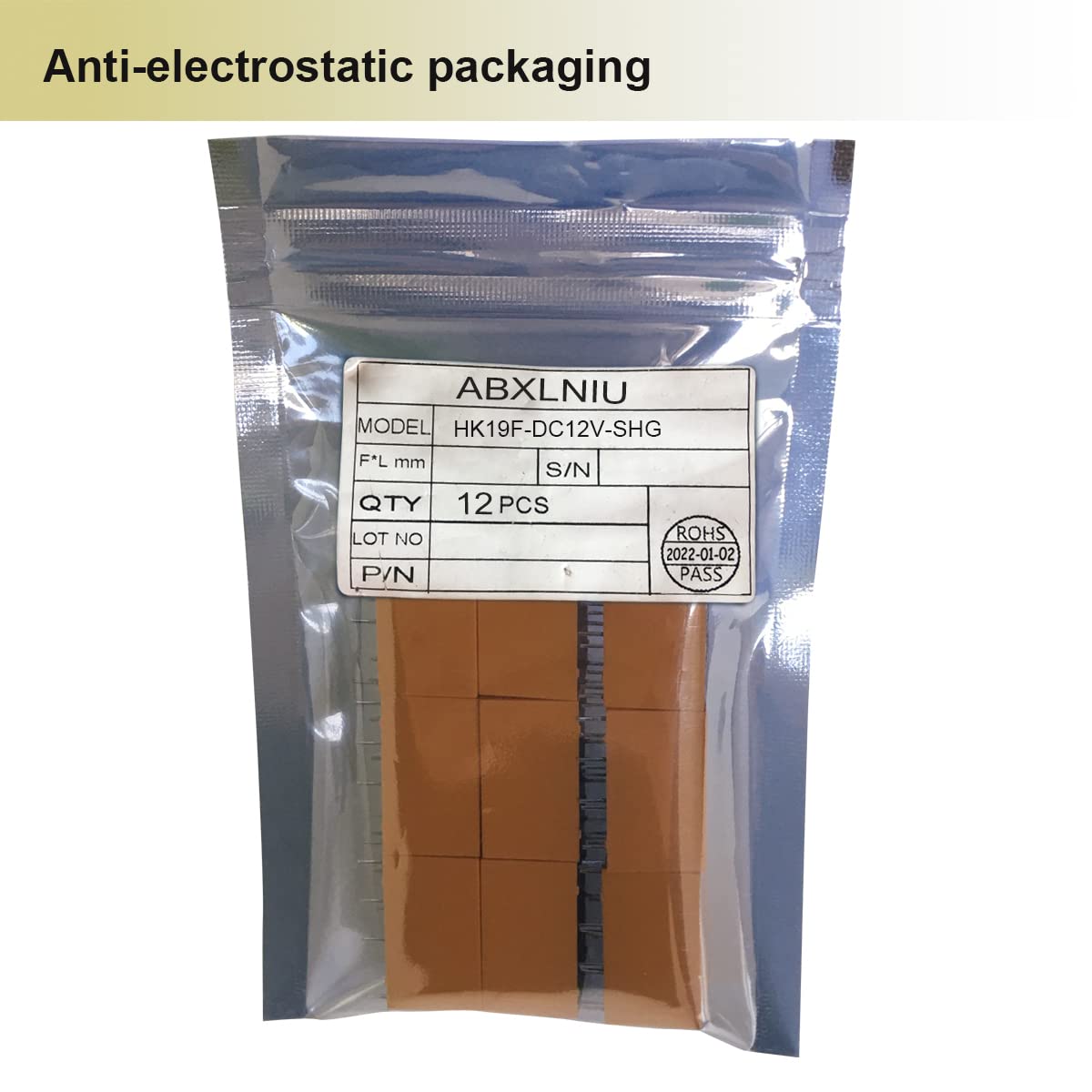
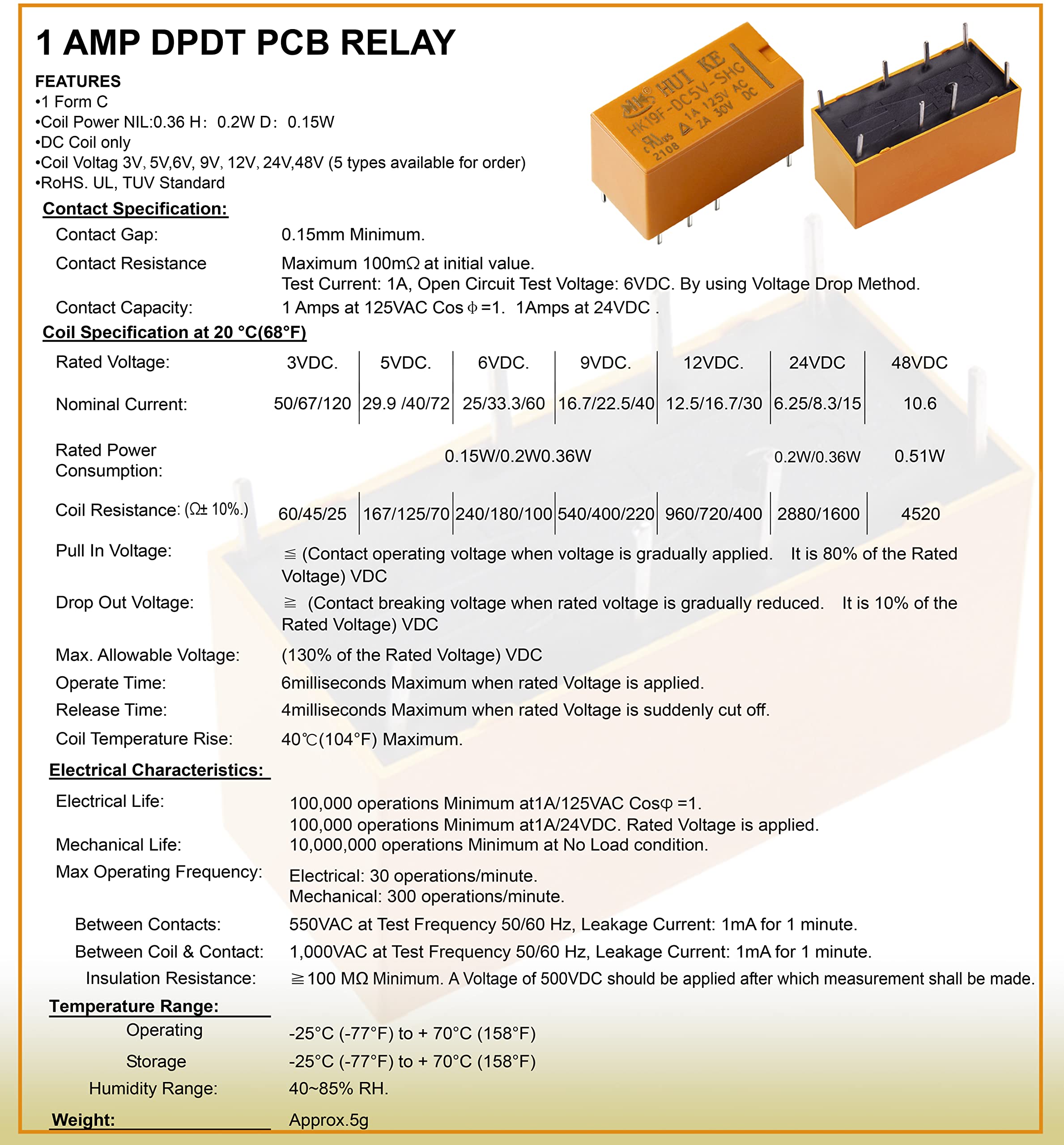



🔧 Elevate Your Projects with Precision Engineering!
The 12Pcs DPDT Relay 12V Coil 8 Pin 2NO 2NC Mini PCB Power Relays HK19F-12V are high-quality, versatile relays designed for low-power projects. With a compact and sealed construction, these relays ensure long operational life and reliable performance. Each relay fits into standard IC sockets, making them easy to integrate into various applications. Packaged professionally in anti-static materials, this set of 12 relays is perfect for both hobbyists and professionals looking to enhance their electronic projects.

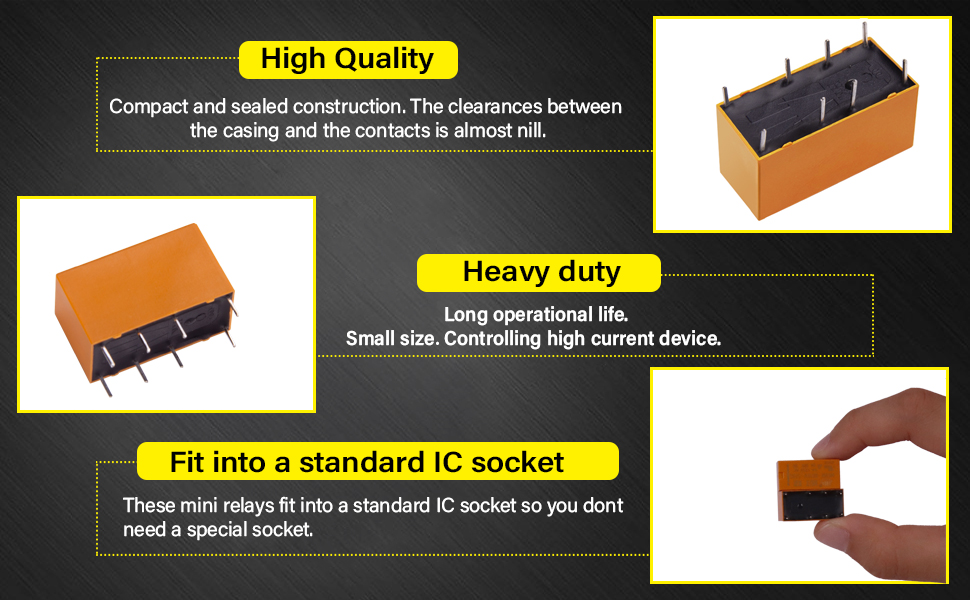



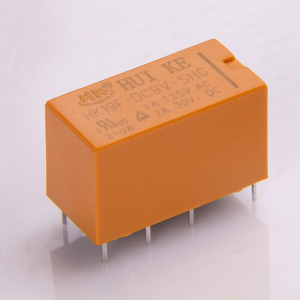

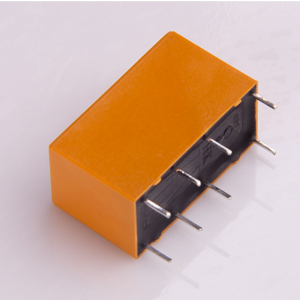
S**E
If you like your digital logic to make clicky sounds, these are for you.
What is better than building logic gates that announce that they are working by making satisfying clicky sounds. 7400 series TTL logic make be all the rage with the kids, but i prefer an electricity and relay combination.
D**E
Works as expected.
I'm using this to switch outdoor lights so I wanted to use a latching relay. I have an Arduino that sends a 100 ms pulse to turn it on or off. Diodes are needed to prevent flyback current when switching.
D**I
Strong pull-in at 5 volts
Used this in a microcontroller project. The measured coil resistance is about 130-ohms.
N**.
Good relays
Quality relays at fair price and fast shipping
1**N
They work
Liked the price. Used for a model railroad layout.
B**Y
Used in pairs for latching circuit
I'm using these in pairs, in an automotive application where I needed a latching 2A relay. Compact and quiet, these are working perfect for my application.
S**W
Great little relays – READ THIS for real tested specs for 5V & 12V relays
These are great little relays, that fit very nicely right on a breadboard, or on a protoboard. I tested two each of the 5V and 12V relays, to characterize them for my own projects. I didn’t test them all, because it’s time consuming, and two samples gives a reasonable ballpark estimate of real performance.For the 5V relays (coil resistance ~ 127 ohm):Relay 1: Pull-in @ 2.8V, 20mA – Drop-out @ 1.1V, 7mARelay 2: Pull-in @ 3.1V, 23mA -- Drop-out @ 1.15V, 8mAFor the 12V relays (coil resistance ~736 ohm):Relay 1: Pull-in @ 8.3V, 10mA – Drop-out @ 3.1V, 3mARelay 2: Pull-in @ 7.1V, 9mA -- Drop-out @ 2.5V, 3mAAs you can see, these pull in at more like 60% of the rated voltage, and drop out at about 20% of the rated voltage, rather than the 80% and 10% listed in the spec sheet. When operating at exactly 5V or 12V, the current is very close to the spec value, and the coil resistances are within spec. Really, it’s only the pull-in and drop-outs that are not. However, this is not super problematic for me, since I tend to control these relays with digital signals, so I am either running full voltage, or zero voltage. You only need to take these specific pull-in or drop-outs into account when you’re doing semi-precise RLC analog timing. I didn’t test the max contact current, because I don’t want to test to destruction.Note, because the 5V relay pulls in at about 20 mA, you should be able to use these (maybe with some caution) directly with an Arduino microcontroller, which can source a max of 40mA, but only 20mA sustained, and only a max of 200mA from all pins combined. You should NOT drive them directly with a Raspberry Pi, as the Pi GPIO can only source 3 mA before burning out.Even though the pull-in and drop-out currents are not within spec, I’m still going to give these 5 stars because they will still work perfectly for me, and at about $1/relay, the price is reasonable.
J**E
It tolerates at one amp, a little over 100 watts. Not too many ac uses.
Limited ac uses and pins are very fragile. Must use a circuit board.
ترست بايلوت
منذ يومين
منذ أسبوع